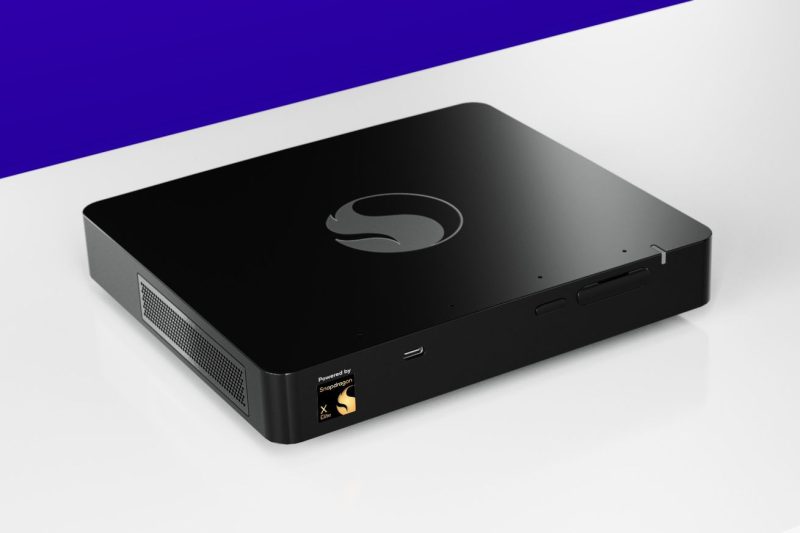Qualcomm Cancels Its Miniature Windows on ARM PC
Qualcomm’s recent decision to cancel its plans to release a miniature Windows on ARM PC has left tech enthusiasts and industry analysts wondering about the future of ARM-based devices in the market. The company’s initial announcement of the Windows on ARM PC generated a lot of buzz, with many anticipating a new era of ultra-portable, long-lasting devices powered by Qualcomm’s cutting-edge processors. However, the sudden cancellation of the project has reignited debates surrounding the viability and competitiveness of ARM-based systems in the highly competitive PC market.
One of the key factors that led to Qualcomm’s decision to abandon the Windows on ARM PC project was reportedly the challenges associated with optimizing the ARM architecture for a full-fledged Windows operating system. Despite significant progress in recent years, ARM processors still face compatibility issues with certain software applications designed for x86 processors, which are the dominant architecture in the PC market. The lack of seamless integration between ARM processors and Windows software posed a significant hurdle for Qualcomm, making it difficult for the company to deliver a high-performance, user-friendly experience to consumers.
Moreover, the cancellation of the Windows on ARM PC may also reflect Qualcomm’s shifting priorities in the wake of changing market dynamics. As the demand for smartphones and connected devices continues to surge, Qualcomm has been increasingly focusing its resources on developing innovative mobile technologies and solutions to meet the evolving needs of consumers. The decision to halt the ARM PC project may signal Qualcomm’s strategic realignment towards strengthening its position in the mobile market, where it faces stiff competition from rivals like Apple and Samsung.
Despite the setback, Qualcomm remains a major player in the semiconductor industry, with a strong track record of delivering cutting-edge processors and technologies across a wide range of devices. The company’s Snapdragon processors, in particular, have gained widespread acclaim for their performance, efficiency, and versatility, powering a diverse array of smartphones, tablets, and other connected devices. As Qualcomm continues to innovate and push the boundaries of mobile technology, it is likely that the company will explore new opportunities to leverage its expertise in ARM processors to drive future growth and success.
In conclusion, while Qualcomm’s decision to cancel its miniature Windows on ARM PC project may have disappointed some enthusiasts, it underscores the complex challenges and trade-offs involved in developing ARM-based devices for the PC market. As the tech landscape continues to evolve, companies like Qualcomm will need to carefully assess market dynamics, consumer needs, and technological limitations to navigate the rapidly changing industry landscape effectively. Despite the cancellation, Qualcomm’s commitment to innovation and excellence remains unwavering, and the company is poised to continue shaping the future of mobile technology for years to come.

